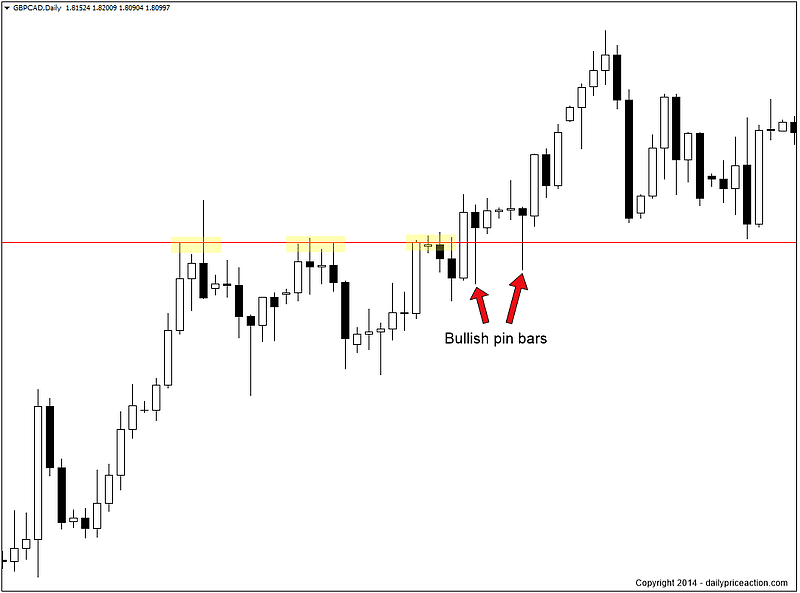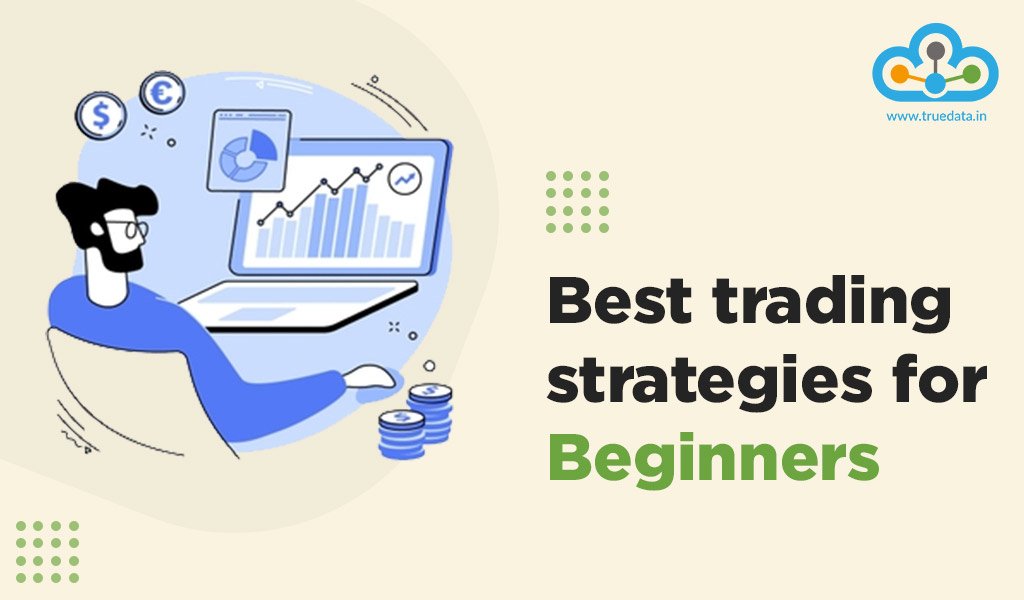STRATEGIES FOR BEGINNERS

Introduction
When it comes to trading in the financial markets, beginners often find themselves overwhelmed and unsure of where to start. Developing effective trading strategies is essential for success in this field. In this article, we will explore some key strategies that beginners can utilize to get started on the right track.
1. Research and Education

One of the most important steps for beginners is to dedicate time to research and education. Understanding the basics of trading, different markets, and financial instruments is crucial. By learning about different trading strategies, beginners can gain insights into how the markets work and develop a solid foundation.
2. Set Clear Goals
Before starting to trade, beginners should set clear and realistic goals. Having a clear vision of what they want to achieve will help them stay focused and make informed decisions. Setting goals also allows beginners to measure their progress and make necessary adjustments to their trading strategies along the way.
3. Start with a Demo Account
Using a demo account is an excellent way for beginners to practice trading without risking real money. It allows them to test different strategies, understand market dynamics, and gain confidence in their trading abilities. Demo accounts provide a safe environment for beginners to make mistakes and learn from them without any financial consequences.
4. Risk Management
Risk management is a crucial aspect of trading. Beginners should always determine how much they are willing to risk on each trade and set stop-loss orders to limit potential losses. By managing risk effectively, beginners can protect their capital and stay in the trading game for the long run.
5. Start Small
For beginners, it is advisable to start with small trades and gradually increase position sizes as they gain experience and confidence. Starting small allows them to learn from their trades and make necessary adjustments without significant financial implications. It also helps them manage emotions and avoid making impulsive decisions based on fear or greed.
Trading Strategies for Beginners: A Roadmap to Financial Markets
Trading in financial markets can be both exhilarating and daunting, especially for beginners navigating the complex landscape of stocks, forex, and cryptocurrencies. Developing a solid foundation in trading strategies is essential for success. Here's a comprehensive guide to trading strategies tailored for beginners.
1. Understanding the Basics: Before diving into strategies, grasp the fundamental concepts of trading. Learn about market orders, limit orders, and different order types. Familiarize yourself with key financial terms and market dynamics.
2. Start with a Solid Education: Equip yourself with knowledge. Numerous online resources, courses, and books offer insights into trading strategies. Understand the basics of technical analysis, fundamental analysis, and market indicators.
3. Choose the Right Trading Style: Identify a trading style that suits your personality and schedule. Common styles include day trading, swing trading, and long-term investing. Each requires a distinct set of strategies and time commitments.
4. Master Risk Management: Protecting your capital is paramount. Implement the 2% rule, limiting each trade's risk to 2% of your total capital. Diversify your investments to spread risk and avoid putting all your funds into a single asset.
5. Trend Following: Follow the trend. This strategy involves identifying and riding the prevailing market direction. Tools like moving averages and trendlines aid in recognizing trends, helping you make informed trading decisions.
6. Support and Resistance: Learn to identify support and resistance levels on charts. Support represents a price level where a stock tends to stop falling, while resistance is where it stops rising. Utilize these levels for entry and exit points.
7. Moving Averages Crossovers: Explore moving averages crossovers as an entry signal. When a short-term moving average crosses above a long-term moving average, it can indicate a potential uptrend, and vice versa for a downtrend.
8. Candlestick Patterns: Understand basic candlestick patterns. Patterns like doji, hammer, and engulfing can signal potential market reversals or continuations. These patterns offer valuable insights into market sentiment.
9. Breakout Strategies: Identify breakout opportunities, where the price breaks through a significant support or resistance level. Breakouts can lead to substantial price movements, offering favorable trading conditions.
10. Simulate Trading with Demo Accounts: Practice your strategies using demo accounts. Most trading platforms provide simulated environments where you can execute trades without risking real money. This allows you to refine your skills and build confidence.
Strategies for beginners

When it comes to strategies for beginners, setting clear goals is crucial. Without a clear direction, it's easy to get overwhelmed and lose focus. Take the time to define what you want to achieve and break it down into smaller, achievable steps. This will help you stay motivated and track your progress.
Developing a routine is another important strategy for beginners. Consistency is key when it comes to building new skills or habits. Set aside dedicated time each day or week to work on your goals. Whether it's practicing a musical instrument, learning a new language, or starting a fitness routine, having a regular routine will help you make steady progress.
Seeking guidance and mentorship can greatly accelerate your learning process. Find someone who has already achieved what you want to accomplish and learn from them. They can provide valuable insights, tips, and support along your journey. Don't be afraid to ask for help or reach out to experts in your field.
Embracing failure and learning from it is a crucial mindset for beginners. Remember that making mistakes is a natural part of the learning process. Instead of being discouraged, view failures as opportunities for growth and improvement. Analyze what went wrong, adjust your approach, and keep moving forward.
conclution
rading in financial markets can be a rewarding endeavor, but it requires knowledge, discipline, and a well-defined strategy. Beginners should focus on research, education, and setting clear goals. Starting with a demo account, managing risk effectively, and starting with small trades are also essential steps for beginners to build a strong foundation in trading. By following these strategies, beginners can increase their chances of success and navigate the complex world of trading with confidence

Leave a Reply